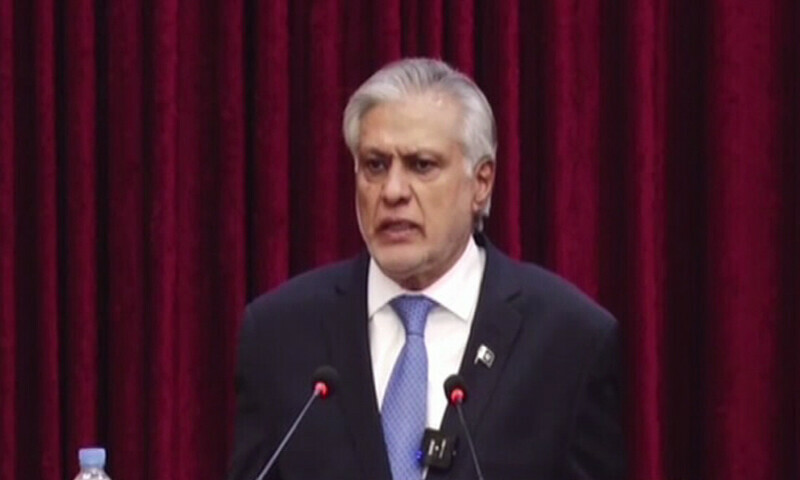Afghanistan Raises Concerns Over India-Pakistan Escalation
Officials from Afghanistan’s foreign ministry expressed serious concern on Sunday about the escalating tensions between Pakistan and India. Following the April 22 attack in Indian-occupied Kashmir that killed 26 people, India suggested cross-border involvement without a formal investigation. Pakistan rejected the accusation and demanded an impartial probe.
In retaliation to India’s allegations and measures, Pakistan has cut off border trade, closed airspace and ports to Indian traffic, and expelled Indian diplomats. Afghanistan fears these developments could spill over into its territory and undermine regional peace.
Hekmatullah Zaland, deputy director at the Afghan foreign ministry’s Centre for Strategic Studies (CSS), highlighted during a press conference that “if this tension spreads, it will have a direct negative impact on the region and Afghanistan.” He reiterated Kabul’s intent to maintain balanced relations with both neighbors.
Trade Disruptions Leave Afghan Goods Stranded
At a recent roundtable conference hosted by the CSS, Afghan officials stressed that the closure of the Attari-Wagah border is severely impacting Afghan traders. India initially shut down the Attari checkpost on April 23, followed by Pakistan’s closure of the Wagah crossing the next day, halting trade with India—including transit goods.
Although Pakistan allowed 150 Afghan trucks to cross its border toward India, India denied entry, leaving truckers stranded. Reports indicate up to 2,000 containers of Afghan goods from India are stuck at Pakistani ports. Some are held at key crossings like Torkham and Chaman.
Officials from the Pak-Afghan Joint Chamber of Commerce and Industry (PAJCCI) confirmed that even containers carrying imports from India destined for Afghanistan are blocked. The situation has created significant disruptions for Afghan traders operating under the Pakistan-India-Afghanistan transit agreement.
Kabul Calls for Peace, Warns of Long-Term Economic Damage
CSS Director Waliullah Shaheen acknowledged the historical backdrop of Pakistan-India tensions but maintained that nuclear-armed countries like these are unlikely to go to war. Still, economic ramifications are real. Mufti Noor Ahmad Noor, the Afghan foreign ministry’s political director, stressed that Afghanistan must prepare for broader fallout.
Noor pointed to how border closures had effectively paralyzed Afghanistan’s commercial supply chains and stressed the urgency of a peaceful resolution. “We have commonalities with both nations. Our policy is economic and peace-oriented,” he said.
Dr. Hafiz Ikramuddin Kamil further raised concerns over India’s suspension of the Indus Waters Treaty, citing potential long-term consequences on water flow and regional law. He noted that while a full disruption of river flow seems unlikely for technical and legal reasons, the move reflects the seriousness of the conflict.








